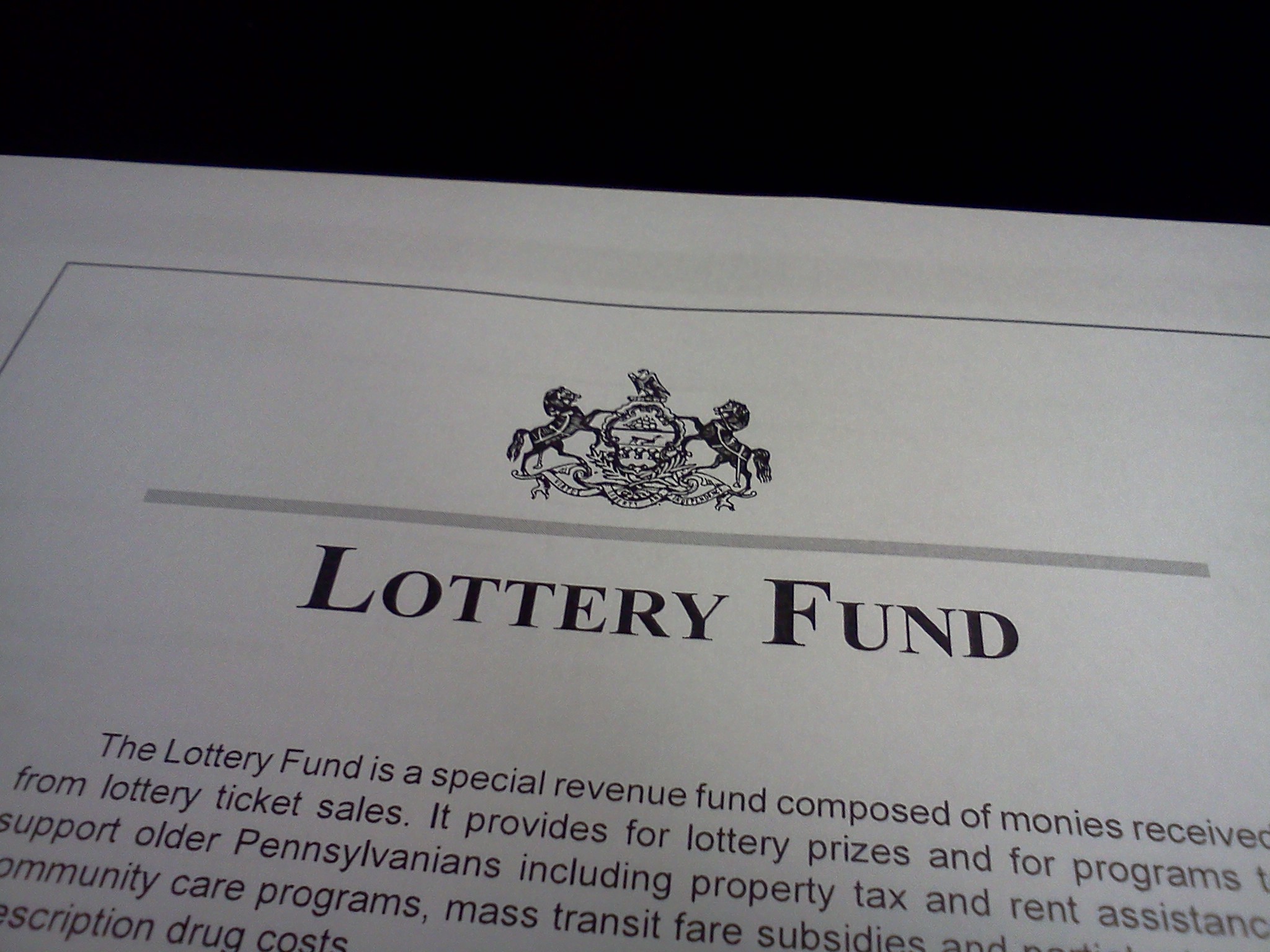Committee Gives Green Light to Octane Testing Bill
Alaska, Nebraska and Pennsylvania are the last three states without required tests for octane levels at their gas pumps. “Just recently Maryland who passed the legislation did a study, and they found substantial variations in the testing,” says State Senator Stewart Greenleaf, the prime sponsor of SB 341. Greenleaf’s legislation would require the Department of Agriculture to randomly test for octane levels in gasoline. It has the support of the Pennsylvania AAA Federation.
Executive director of the Pennsylvania AAA Federation Ted Leonard points out that a gallon of regular gas averages about $3.80 in Pennsylvania (as of Tuesday afternoon). “Given that high price of gasoline, consumers should be assured that they’re getting what they’re paying for,” he tells us. Different engines are built to run on different octane levels, and the problem is that you may be paying for 93-octane, but receiving 87. While the 87 may cost $3.80, Leonard says premium gasoline is averaging $4.06 in the Keystone State. While Leonard does not believe discrepancies are widespread, he points out that motorists could take a double hit: “You’re not getting what you pay for and secondly damaged engines and fuel gauges… can be expensive repairs.”
The state Department of Agriculture currently tests gas pumps to ensure that you’re getting the gallon you paid for. We’re not assured of the composition of that gallon of gas. Sen. Greenleaf says SB 341 with give the Department of Ag the authority to implement and enforce the law. He believes random testing will control costs while providing piece of mind. The bill was unanimously voted out of the Consumer Protection and Professional Licensure Committee last week. Up next is the Senate floor.











